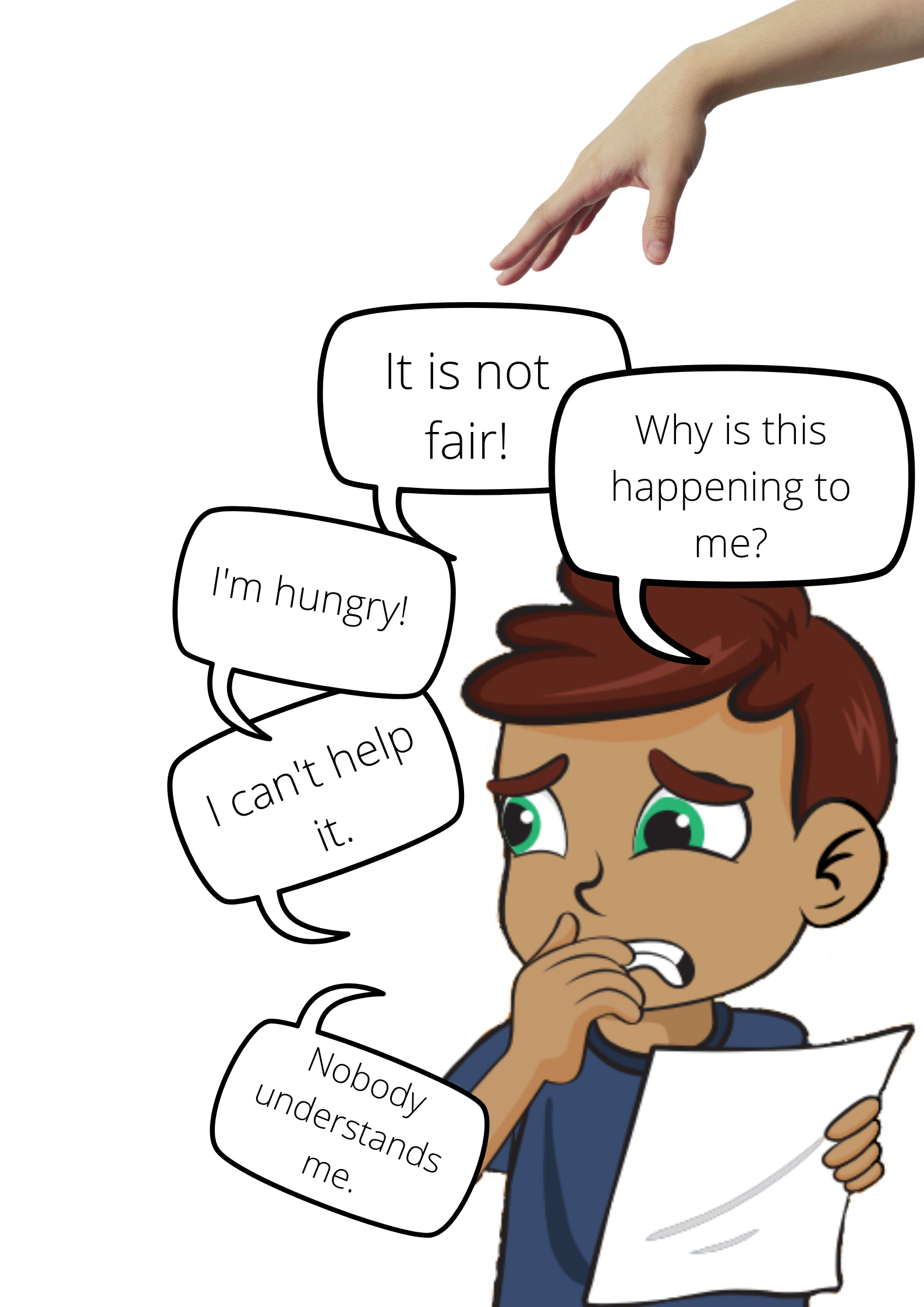Meltdown Madness
The way we support our children through their meltdown matters.
The strategies and acceptance we offer in those situations will develop a child who can be mindful of the way they are feeling and begin to understand the importance of self-regulation. The earlier we start the conversation of support the earlier we can help them manage uncomfortable feelings. As human beings, we feel vulnerable to certain emotions. We are designed that way so that we can protect ourselves in situations of danger or threat. Our body gives us warning signals that tell us we need to:
FIGHT, FLIGHT OR FREEZE
Why are these words so important? If you begin to watch the meltdowns and the reactions your child has to a confronting situation (albeit as simple as they didn’t get longer at the park) you will begin to see a pattern. They will argue and fight your requests, they will run away from you, or they will try to ignore you, shut down and pretend the threat is not there. If you can begin to see their meltdown as a stress response, you will be able to shift your frustration to understanding and your requests to compassion. A timed warning is always a good strategy when transitioning through activities. It is something teachers do often and consistently. The visual timetable, breaking down a task, and timer on the board for transition are just a few. You are preparing the brain for what they may find difficult or challenging. They now have a warning to understand what will happen without being confronted with a feeling that is uncomfortable.
A child’s brain is not fully developed until their late teens-early twenties. The part of the brain which controls decision-making, problem-solving, and planning is the last part to develop. Part of my programs for schools goes into depth and detail on how our brains work and connect. The problem for children is recognising when it connects and works or when they have ‘flipped their lid’ which does not allow for any rational thought. This also explains why our children don’t often remember their outbursts or poor decision-making.
If we can begin to understand our child’s warning signals for dysregulation or their response to an uncomfortable situation we can begin to empathise, understand, and support them through this process instead of fighting it. When we continue to fight against the threat it will only get bigger and more intense. There is always time to support our values through discussions with our children when their brain is in a calm state.
The other layer that comes into play for us as parents is judgement and managing our own dysregulation in those intense moments of dealing with a meltdown. This is evident especially when we are in public. We feel the eyes glaring and the discomfort of others. We cannot explain to onlookers that they are tired, hungry, sick or in pain. We feel like our parenting is on show. But what if we could parent in this situation without the discomfort and glares from onlookers? How would our parenting look then? I have not always been able to do this and still struggle on days when I am not feeling my best. Like any new skill we need to give ourselves time to practice and we need to provide our children with time to learn that we will support them, we will
stay present and calm when they are unable to. What do we want for our children as they grow into adulthood? We want them to be happy, content and regulated. So we need to model to them what that looks like and how they can achieve it. Through information comes power and through practice comes acquisition. The more we show up the more our children learn it is okay to feel ugly, it is normal to find challenging emotions scary and it is empowering to recognise the shift in their emotional state when they go from being dysregulated to regulated.
If you are dealing with intense emotions and you are finding it hard to stay calm, try my mantra:
‘This is a moment in time and this will pass'.
‘They cannot control themselves I need to help them’.
‘They are not choosing to behave like this, they are hurting’.
The use of positive self-talk even as adults is so important. If we want to be better at dealing with our child’s meltdowns, we need to become better at dealing with our own. One of the most powerful gifts you can impart on your child is the acceptance that you will not always be able to do this, but you can recognise it, apologise for your inability to calm your storm and explain why you found it too difficult to manage in the moment. By being honest with our children about the fact that this is a human coping mechanism we can allow them to shift the blame they felt to accept that it is okay and normal to feel this way.
Practice makes perfect and as I always say to my children…
‘Never apologise for being angry. We all get angry and that is okay. It is not the anger that needs practice it is the choices you make when you are angry. But you are learning, and your brain will not always be able to make the right choices but realise you made poor choices when you were angry is so brave’.
Remind yourself of what you need when you are upset, angry, scared, tired, embarrassed or lonely. We need understanding, not judgement. We need love and support, not shame or blame.

